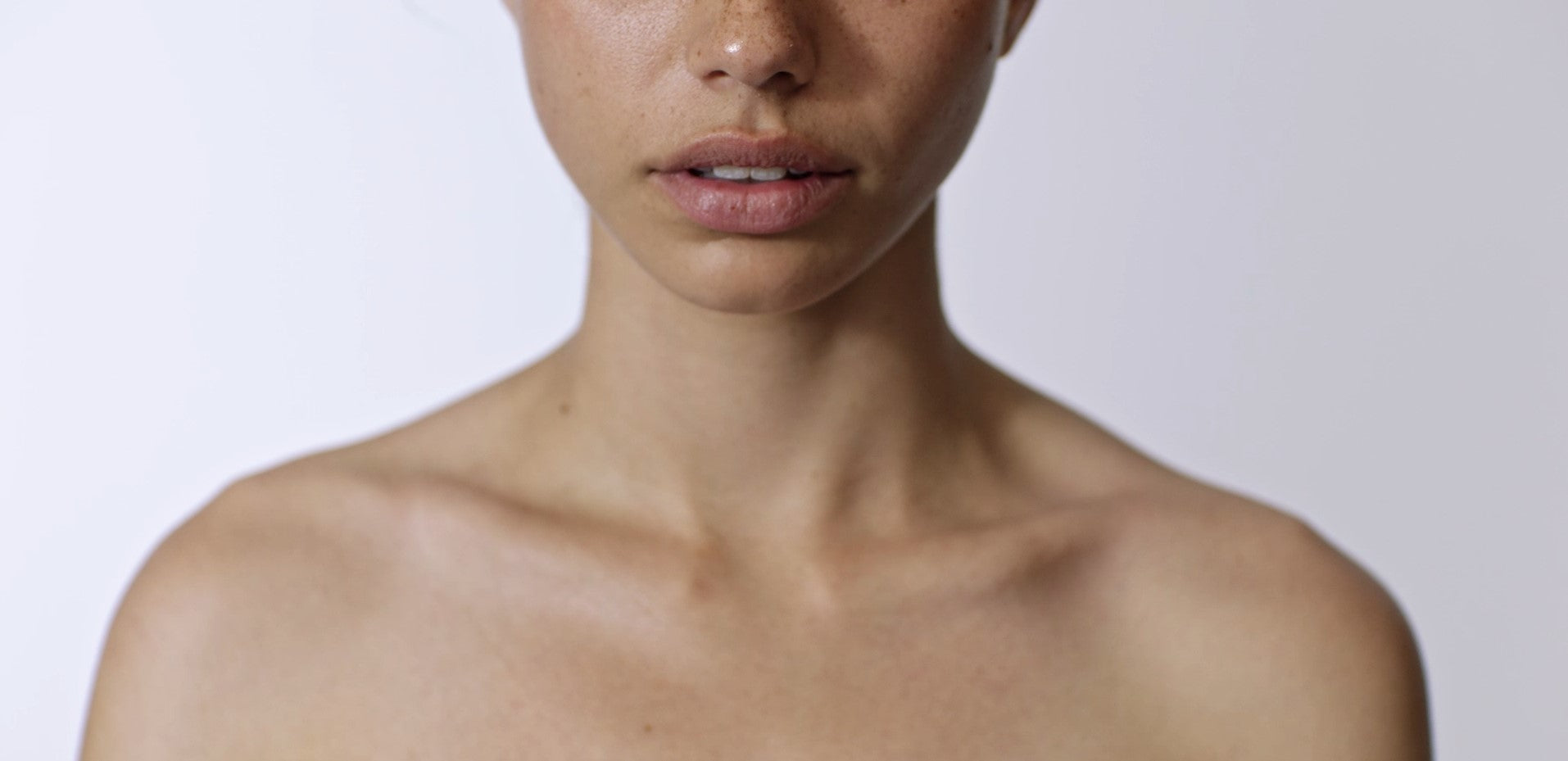Abstract
In a society where the pursuit of glowing skin often leads to complex routines and chemical treatments, achieving such radiance naturally and quickly remains a widespread aim. This article explores a holistic regimen promising to reveal a natural glow within seven days, focusing on hydration, nutrition, skincare, sleep, and stress management.
Introduction
Glowing skin is widely seen as a sign of health and vitality. Yet, navigating the path to achieving this sought-after look naturally is cluttered with a plethora of advice and products. This guide seeks to simplify the journey, offering a scientifically informed, yet accessible, approach to enhancing skin’s natural luminosity through lifestyle adjustments and natural remedies.
Day 1-2: Hydration and Nutritional Foundations
Hydration: The Cornerstone of a Glow
- The Role of Water: Essential for flushing out toxins and maintaining cellular health, adequate hydration lays the groundwork for radiant skin. Aim for at least 8-10 glasses of water a day, complemented by hydrating foods like cucumbers and watermelon.
Nutrition:
-
Glow-Boosting Foods: Incorporate foods rich in antioxidants, vitamins A, C, E, and minerals such as zinc and selenium to support skin health. Foods like blueberries, spinach, and almonds are not only nutritious but also help in enhancing your skin’s glow.
-
Anti-inflammatory Diet: Reducing the intake of processed foods, sugars, and dairy can diminish inflammation, a common culprit behind skin dullness and blemishes. Opt for a diet abundant in whole foods to promote a healthy, glowing complexion.
Day 3-4: Skincare Routine Enhancement
Natural Skincare Practices
-
Gentle Cleansing and Exfoliation: Daily cleansing with natural, gentle products keeps the skin free from impurities without stripping it of essential oils. Incorporate a natural exfoliant twice a week to remove dead skin cells and reveal brighter skin underneath.
-
Moisturising with Natural Oils: After cleansing, apply natural oils or moisturisers that suit your skin type. Jojoba, rosehip, and argan oil are excellent for maintaining skin hydration and elasticity.
Sun Protection
- Natural Sunscreen Application: Protecting your skin from harmful UV rays is crucial. Use a broad-spectrum sunscreen with natural ingredients to prevent photoaging and maintain your skin’s health and glow.
Day 5-6: Sleep Optimisation and Stress Management
Sleep
- The Importance of Quality Sleep: Aim for 7-9 hours of quality sleep per night to allow your skin to repair and regenerate. Establish a calming bedtime routine to improve sleep quality, including reducing screen time and practising relaxation techniques.
Stress Management
- Reducing Stress: High stress levels can negatively affect your skin. Incorporate stress-reduction techniques such as yoga, meditation, or deep-breathing exercises into your daily routine to support skin health.
Day 7: Putting It All Together
Reflect and Continue
- Take this day to reflect on the changes you've made to your routine and how your skin feels. Remember, consistency is key to maintaining glowing skin. Continue with the practices that suit your lifestyle and skin needs, making adjustments as necessary.
Supplementation for an Enhanced Glow
To further support skin health and boost its natural glow, consider these supplements:
- Bovine Collagen: Promotes skin elasticity and hydration, reducing the appearance of fine lines.
- Omega-3 Fatty Acids: Regulates skin oil production, enhances hydration, and reduces inflammation.
- Vitamin C: A powerhouse antioxidant that aids in collagen synthesis and protects against environmental damage.
Conclusion
Achieving a natural glow in seven days is an attainable goal with the right approach. This guide has outlined a holistic strategy that not only aims to improve the appearance of your skin but also supports overall well-being. The power of natural methods in enhancing beauty and health is clear, offering a sustainable and beneficial pathway to radiant skin.
References
-
Water Intake and Skin Hydration
- Popkin, B.M., D'Anci, K.E., & Rosenberg, I.H. (2010). Water, Hydration and Health. Nutrition Reviews, 68(8), 439-458. doi:10.1111/j.1753-4887.2010.00304.x. This study discusses the role of water in maintaining optimal hydration levels, including its effects on skin health.
-
Impact of Diet on Skin Health
- Schagen, S.K., Zampeli, V.A., Makrantonaki, E., & Zouboulis, C.C. (2012). Discovering the link between nutrition and skin aging. Dermato-Endocrinology, 4(3), 298-307. doi:10.4161/derm.22876. Offers insights into how certain foods and nutrients can affect skin aging and overall skin health.
-
The Benefits of Bovine Collagen
- Choi, F.D., Sung, C.T., Juhasz, M.L.W., & Mesinkovsk, N.A. (2019). Oral Collagen Supplementation: A Systematic Review of Dermatological Applications. Journal of Drugs in Dermatology, 18(1), 9-16. Reviews the effectiveness of oral collagen supplementation on skin health, including hydration and elasticity.
-
Omega-3 Fatty Acids and Skin Health
- Pilkington, S.M., Watson, R.E.B., Nicolaou, A., & Rhodes, L.E. (2011). Omega-3 fatty acids and skin health: Evidence from epidemiological, clinical, and experimental studies. Current Dermatology Reports, 1, 131-141. doi:10.1007/s13671-011-0014-5. Discusses the role of omega-3 fatty acids in regulating skin oil production, enhancing hydration, and reducing inflammation.
-
Vitamin C and Skin Aging
- Pullar, J.M., Carr, A.C., & Vissers, M.C.M. (2017). The Roles of Vitamin C in Skin Health. Nutrients, 9(8), 866. doi:10.3390/nu9080866. Explores how vitamin C contributes to collagen synthesis, skin regeneration, and protection against UV-induced photodamage.
-
Sleep and Skin Health
- Oyetakin-White, P., Suggs, A., Koo, B., Matsui, M.S., Yarosh, D., Cooper, K.D., & Baron, E.D. (2015). Does poor sleep quality affect skin ageing? Clinical and Experimental Dermatology, 40(1), 17-22. doi:10.1111/ced.12455. Investigates the connection between sleep quality and its impact on skin aging and health.
-
Stress Management and Skin Conditions
- Chen, Y., & Lyga, J. (2014). Brain-Skin Connection: Stress, Inflammation and Skin Aging. Inflammation & Allergy - Drug Targets, 13(3), 177-190. Examines how stress influences skin conditions and the aging process through inflammatory pathways.

